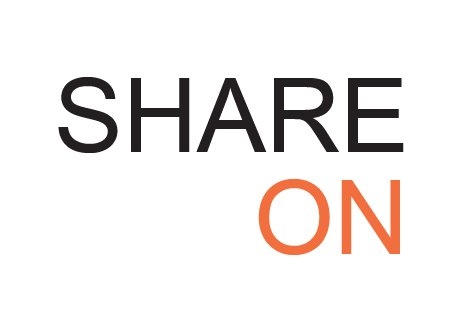SHAREON - sharing economy - motivations, barriers and climate effects
SHAREON was a project that looked at the sharing economy and what climate effects sharing can have for both those involved in a project and society around.
Project details
Many have done research on the sharing economy, this is one of the first projects that look at the climate impacts of these types of projects. The aim is to advise authorities, business and municipalities on how sharing economy projects can be targeted to stimulate conversion to a low-emission society. The research that has been done in the past has largely focused on projects involving car sharing. In our project, we expand this to more sectors and look at sharing within other services and products. We compare motivation, barriers and effects across these sectors to find similarities and differences.
The research focuses on Norwegian examples so that we can contribute relevant knowledge to politicians, business and already existing sharing projects.
The project has four main parts:
1.To analyze how motivation and barriers can be different in different sharing economics projects based on social structures and values.
2. Examine motivations to participate in sharing projects in different sectors. We will also look at the climate effects of any changes in consumption patterns resulting from participation in sharing projects.
3. Investigate how motivation and spending changes may vary between different forms of sharing.
4.Develop a set of advice to politicians, industry and communities on how to best start their own sharing services.
The project is a collaboration between CICERO, NMBU, the University of Nordland, the West Region and Insam. Internationally we have a collaboration with Boston College and the University of Utrecht.
The project also has Hertz, Vestaksen Eiendom, Nedre Djupdalen Vel, Oikos and DNT Ringerike as partners.
Involved CICERO staff
From other institutions
Nina Solberg, Lars Wang, Koen Frenken, Jacobsen, Ove Daniel, Juliet Schor
